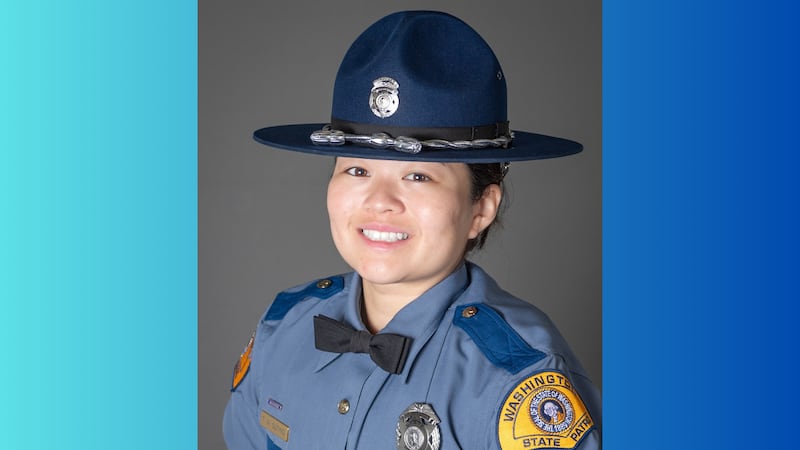SEATTLE — It is no secret that too much alcohol can be hazardous to your health. Yet, many of those who want to stop drinking don't know there is medication that can help them quit.
The fact that there are medications that help alcoholics is almost a well-kept secret. It's so well kept that few people even know about it.
Many people think the only remedy is to simply stop drinking. But not everyone can go cold turkey.
It turns out you don't have to.
'Tis the season to imbibe. Indeed, it can seem just about everyone is knocking back a drink or two or three during this season of holiday celebration. And even those who don't drink alcohol can feel the pressure to start.
"It started out socially, like it was never like a problem or anything like that," said a 31-year-old tech executive. "I had my first drink when I was 17. "
Scroll down to continue reading
More news from KIRO 7
- Tornado caused 'catastrophic damage' in Kitsap County, sheriff says
- PHOTOS: Damage from Tornado in Port Orchard
- 'Porch pirate' chased, captured by neighbors; also captured on video
- Power outage causes death of 6.2 million chinook salmon fry at state-run hatchery
- Do you have an investigative story tip? Send us an email at investigate@kiro7.com
She asked that only her first name be used. Kate's story is likely familiar to many for whom drinking is a serious problem.
"Wasn't really a problem for me up until the tragedy happened in my family," she said. "My dad was sick."
It took six short years for Kate's drinking to spiral out of control. She was 27 years old, working at a high level in her profession.
"I've had periods where I functioned in a blackout for days," she said, "probably even weeks at a time."
She says she drank at least three bottles of wine a day. At times her blood alcohol level was .48, six times the legal limit.
Dr. Richard Ries is the board-certified psychiatrist who helped start the addiction medicine program at Harborview Medical Center.
"The stereotypic alcoholic person is a public inebriate, staggering around downtown," said Ries. "That's 5 percent or 10 percent of people with alcohol use disorders. That's a very small percentage."
He says the lowest tier of alcoholics have a mild form of the disease.
"And you have people like Kate who have worked, et cetera, but who have really terrible, even lethal alcoholism," he said. "She almost died several times. In fact most people would have died of blood levels of .4 or .5."
And even some of those people can and do stop drinking on their own.
"But there's a bunch of folks that have a kind of alcohol dependence," Ries said, "and this is true for some other addictions too, that seem to respond to medicines that help them to quit."
Indeed there are three FDA approved medications for treating alcohol dependence. Naltrexone can help someone drink less. Acamprosate makes it easier to stay sober. And there's Antabuse, the 50-year-old medication that makes anyone who drinks alcohol, get sick.
On its website, the National Institutes of Health says the drugs are not addictive, that they are designed to help manage a chronic disease as happens with asthma or diabetes.
"The sentiment that I get from physicians and other medical professionals," Kate said, "is that it's a miracle that I'm alive."
A few months ago, Kate finally accepted she needed help or she would likely drink herself to death.
"Me going on medication is like admitting surrender," she said, "and something that I cannot control."
She is now taking two of the three medications. Her former drinking life- "like chaos and destruction," is how she describes it -is now one of repairing the damage her drinking caused.
"It's been great," she says. "I highly recommend it."
And she says it's not just that life after alcoholism is great.
"No," she said. "Life with medication management is great."
Kate says she has been sober nearly six months now. And she is getting her life back on track.
For more information, click here for Harborview's addiction program.
Cox Media Group





